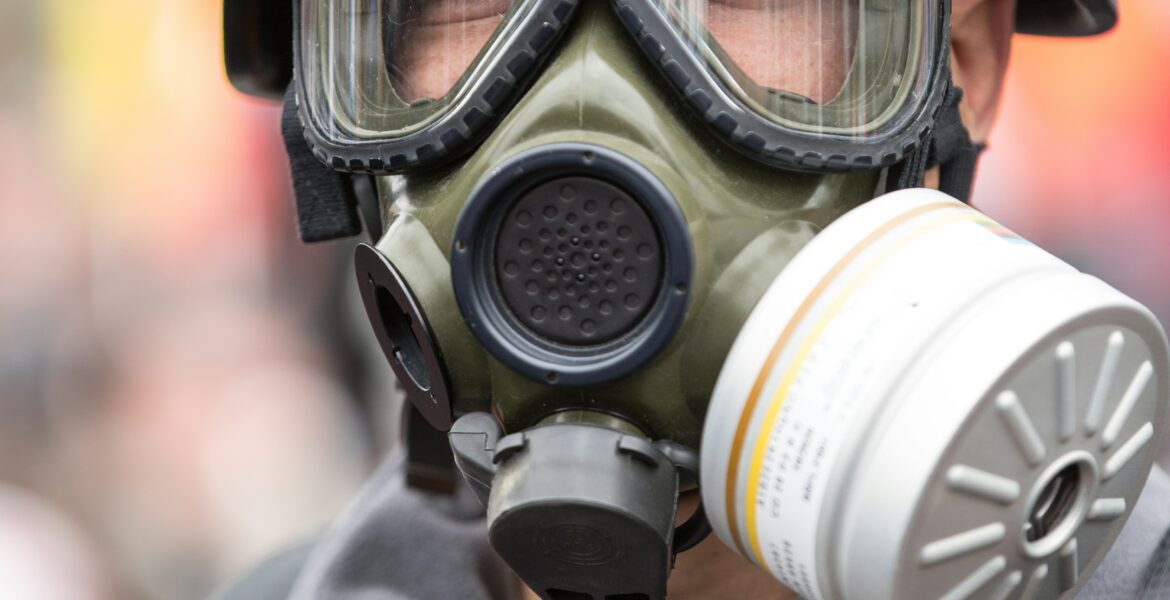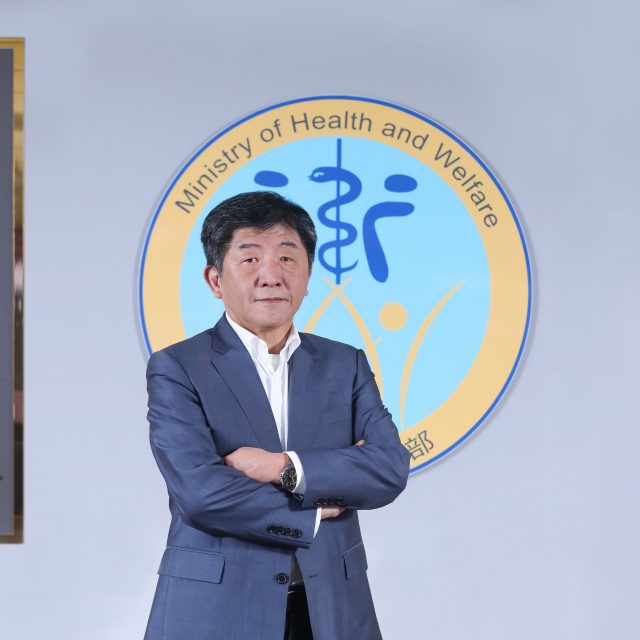It also said the events of the last few days has been “unprecedented” for the media organisation and its representatives in war-torn Ukraine.
This was a reference to a Russian missile attack on a hotel in Kramatorsk where international journalists were staying.
The attack killed Ryan Evans, a British Reuters media worker, and injured several other journalists at the weekend.
Evans, a member of the Reuters team covering the war in Ukraine, was killed and two Reuters journalists were injured in a strike on a hotel in the eastern Ukrainian city of Kramatorsk.
Evans, who was working as a safety adviser for the agency, was killed after a missile struck the Hotel Sapphire where he was staying as part of a six-person team on Saturday.
Evans, a former British soldier, had been working with Reuters since 2022 and advised its journalists on safety around the world including in Ukraine, Israel and at the Paris Olympics. He was just 38.
An NUJ Ukraine spokesman described his killing as “senseless and cruel” and highlighted the continuing “stark” dangers media staff face in Ukraine.
On Monday, the Union said its HQ also experienced the “most massive missile attack” since the beginning of the year.
During this time, its staff worked in shelters for more than seven hours.
Elsewhere, the Union this week met with Crimean journalist and politician Nariman Celal for the first time since his release from Russian captivity.
The participants at the meeting, including the released captives, their relatives and a representative of the European Federation of Journalists, emphasized the importance of supporting detained journalists.
Those present discussed the challenges of freedom of speech in times of war, ethical standards for journalists, and the problems of legislation that can complicate access to information.
The participants also discussed the responsibility of media professionals for the accuracy and objectivity of their work.
They also learned how to conduct cardiopulmonary resuscitation. Under the guidance of experienced instructors, the media professionals were able to practice their skills on manikins, which significantly increased their readiness to respond in critical situations.




